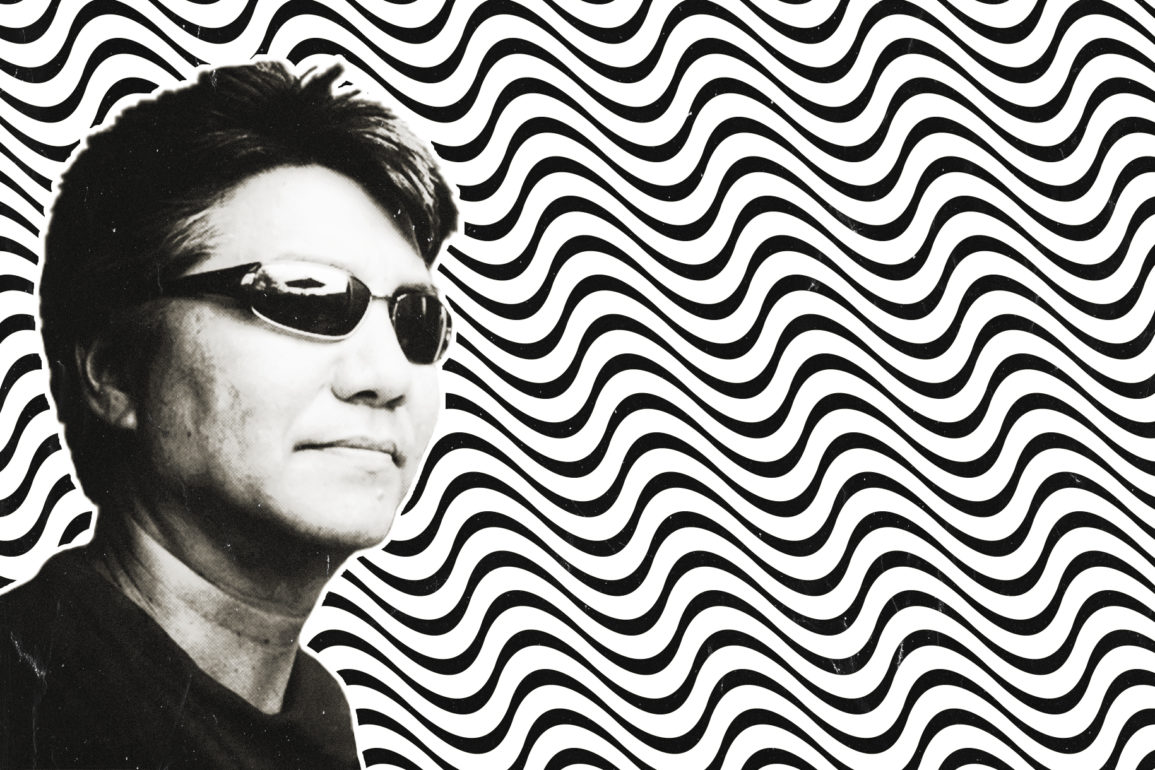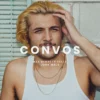We interviewed one of the leading editors in Hollywood, Troy Takaki, who gave us a front-row seat into the world of post-production. He has edited box office hits such as The Bounty Hunter starring Jennifer Aniston and Gerard Butler and Hitch starring Will Smith and Kevin James ― both for Sony and as part of his long successful creative collaboration with director Andy Tennant.
His other credits include the Diary of a Wimpy Kid: Rodrick Rules and Diary of a Wimpy Kid: Dog Days for 20th Century Fox and the director David Bowers, New in Town starring Renée Zellweger for Gold Circle Films/Lionsgate, and Sweet Home Alabama starring Reese Witherspoon and Patrick Dempsey for Touchstone and Fool’s Gold for Warner Bros. starring Kate Hudson and Matthew McConaughey, the latter two also with Tennant and Almost Christmas with director David E. Talbert.
Takaki is one of the few picture editors that splits his time between features and television. He recently edited shows such as You for Netflix and Mr. Mercedes for Direct TV. He is currently working on Cheaper By The Dozen directed by Gail Lerner for Disney.
How did you start your career in the entertainment industry?
I went to San Francisco State planning to major in Journalism and took a General Education course, “Super 8 filmmaking”. So, the first time I edited was a Super-8 film with a little, tiny splicer. I eventually changed my major to Film Production and learned to edit 16mm on flatbeds and VHS on tape to tape. I fell in love with it. I graduated in 1990 and moved to Los Angeles with 10 other students that graduated that year.
What was your first project in Hollywood? What was the biggest takeaway from your first experience?
When I moved to LA I did not know anyone in Hollywood, and I had a very hard time getting my first job. Looking back at when I arrived in LA, I was not unemployed for that long, only around two months, but at the time it felt like forever. Eventually, all my friends got Production Assistant (PA) jobs. This is a good thing because you find jobs through your friends. I was at my friend Dave’s house and he got a phone call. The person was calling to see if he was available to start as an office PA on Monday (this was a Friday evening). Dave said, “I am not available, but my friend Troy is and handed me the phone”. Five minutes later, I had the job and was set to start on Monday.
My second job was my first job in post-production. My father knew a producer that knew another producer that had a post-PA job open on a television show, DEA. I interviewed and got the job. I did a great job being a post-PA but I also bugged the assistant editors and every week, I tried to learn one aspect of their job. I also used the editing equipment (with permission) and edited music videos and wedding videos. By doing this I got semi-competent at using the system.
What were the challenges and breakthroughs you’ve encountered along the way?
There were two times that I struggled in my career. The first was the beginning. I did not know anyone in Hollywood, and I had a very hard time getting my first job. The second time was when I started cutting features after years of cutting television. Moving from one medium to another is tough. You do not know a lot of people in the new medium and therefore it is hard to get jobs. I struggled through these times. However, I knew there was light at the end of the tunnel. I always tell people that starting out and getting those first couple of jobs are the hardest. Once you have a few under your belt (and have done a fantastic job), things get easier.
What films and which filmmakers have been the most inspiring or influential to you and why?
All of the people that I mentor are my creative inspirations. Hanging out and working with young editors that are fun, creative, and hardworking people inspire me. I often work on side projects with my friends and mentees. Four friends and I are about to start a documentary about high-speed downhill skateboarding.
What should filmmakers look for when choosing an editor and a post-production facility?
Skill and enthusiasm. Look at resumes, call references, and watch past work. You should be able to judge their skill through that. Then interview them and judge their enthusiasm.
I think this is an important and necessary quality that is often overlooked. We work in an industry where there is a huge difference in the final product if the people working on it are giving 110% compared to 100% or even 90%. I have a real problem working with people that complain or only want to do the necessary work. You might think giving 100% is great. I think that is below my standards.
As an editor, what are the most important tools that you should have? How do you stay up to date with the latest trends, software, and techniques?
I edit on both AVID and Adobe Premiere, and I like both programs a lot. I use AVID for scripted and Premiere for documentaries. For smaller projects, I decide before I start which will probably be better. I also edit much differently on each system. On AVID I use trim mode a lot while in Premiere, there is a lot of dragging, moving, extending, mark cut. (editors know what I just said).
Other than that, I wish I knew more software. I find that you learn the software by needing to use it. I have not been forced to learn After Effects or Photoshop and I am getting good at exporting and posting.
Can you give us an overview of the different processes that a film goes through once it is in post-production?
Honestly, it is in “post-production” while it is in “production”. I cut dailies every day while they are shooting. On Monday they shoot, then on Tuesday morning I get the dailies. By Tuesday evening I have a cut with music and sound effects.
Eventually, the shoot ends. Next is the editor’s cut. Then the director’s cut. Then the producer and studio notes. Then we lock it. Meanwhile, the sound people work on the sound. The composer works on the score. Once it is locked, we color-time and mix the film.
In television, it is the same process except we are repeating the process about once a month. An editor does every third episode. So once you are finished with an episode the next one is in dailies.




